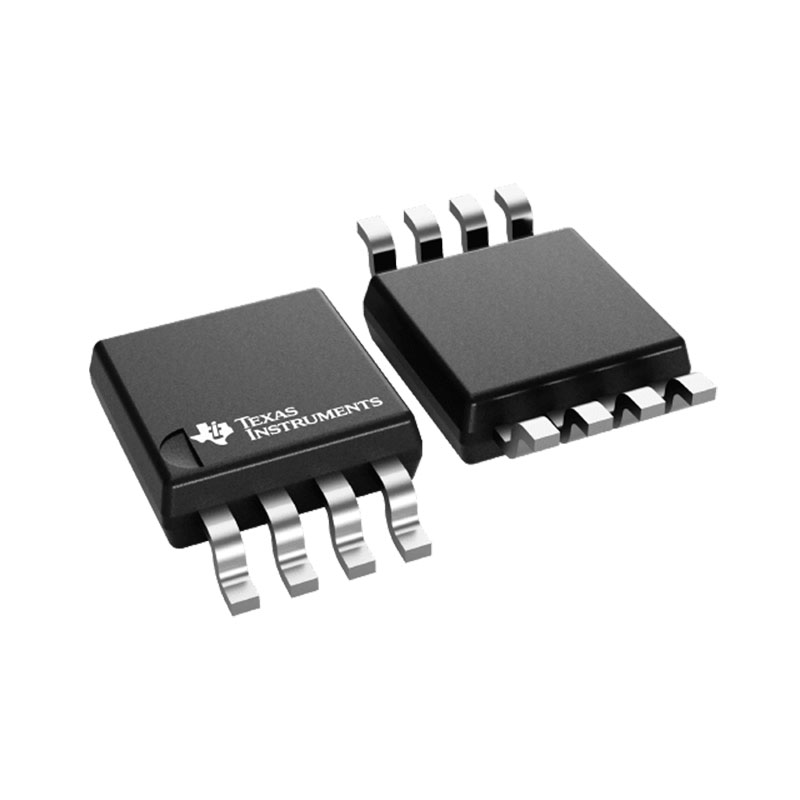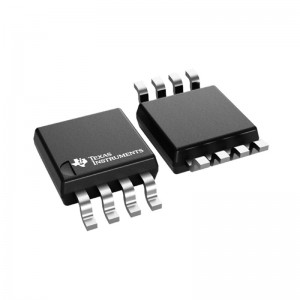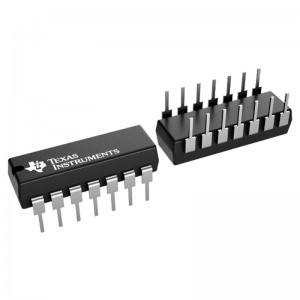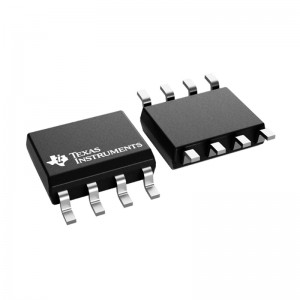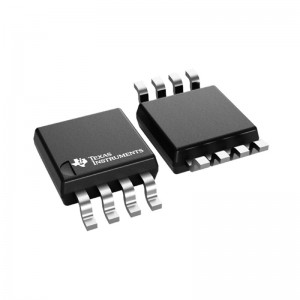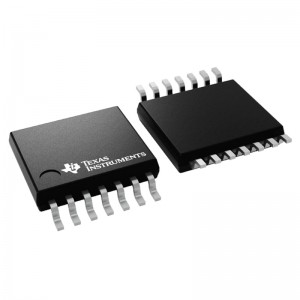
Products
OPA2196IDGKR MSOP-8 Electronic components integrated circuit Operational amplifier
Features for the OPA2196
●Low Offset Voltage: ±100 µV (maximum)
●Low Offset Voltage Drift: ±0.5 µV/°C (typical)
●Low Bias Current: ±5 pA (typical)
●High Common-Mode Rejection: 140 dB
●Low Noise: 15 nV/√Hz at 1 kHz
●Rail-to-Rail Input and Output
●Differential Input Voltage Range to Supply Rail
●Wide Bandwidth: 2.5-MHz GBW
●Low Quiescent Current: 140 µA per Amplifier (typical)
●Wide Supply: ±2.25 V to ±18 V, 4.5 V to 36 V
●EMI/RFI Filtered Inputs
●High Capacitive Load Drive Capability: 1 nF
●Industry Standard Packages:
○Single inSOIC-8, SOT-5, and VSSOP-8
○Dual in SOIC-8 and VSSOP-8
○Quadin SOIC-14, TSSOP-14, and QFN-16
Description for the OPA2196
The OPAx196 family (OPA196, OPA2196, and OPA4196) is a new generation of 36-V,rail-to-rail e-trim™ operational amplifiers (op amps).
These devices offer very low offset voltage (±25 µV, typical), drift (±0.5 µV/°C,typical), and low bias current (±5 pA, typical) combined with very low quiescent current (140µA/channel, typical) across the entire output range.
Unique features, such as differential input-voltage range to the supply rail, high outputcurrent (±65 mA), and high capacitive load drive of up to 1 nF make the OPAx196 a robust,high-performance operational amplifier for high-voltage industrial applications.
The OPAx196 family of op amps is available in standard packages and is specified from–40°C to +125°C.
1. Who are the staff in your R & D department? What are your qualifications?
-R & D Director: formulate the company’s long-term R & D plan and grasp the direction of research and development; Guide and supervise r&d department to implement company r&d strategy and annual R&D plan; Control the progress of product development and adjust the plan; Set up excellent product research and development team, audit and training related technical personnel.
R & D Manager: make new product R & D plan and demonstrate the feasibility of the plan; Supervise and manage the progress and quality of r&d work; Research new product development and propose effective solutions according to customer requirements in different fields
R&d staff: collect and sort out key data; Computer programming; Conducting experiments, tests and analyses; Prepare materials and equipment for experiments, tests and analyses; Record measurement data, make calculations and prepare charts; Conduct statistical surveys
2. What is your product research and development idea?
- Product conception and selection product concept and evaluation product definition and project plan design and development product testing and validation launch to market

